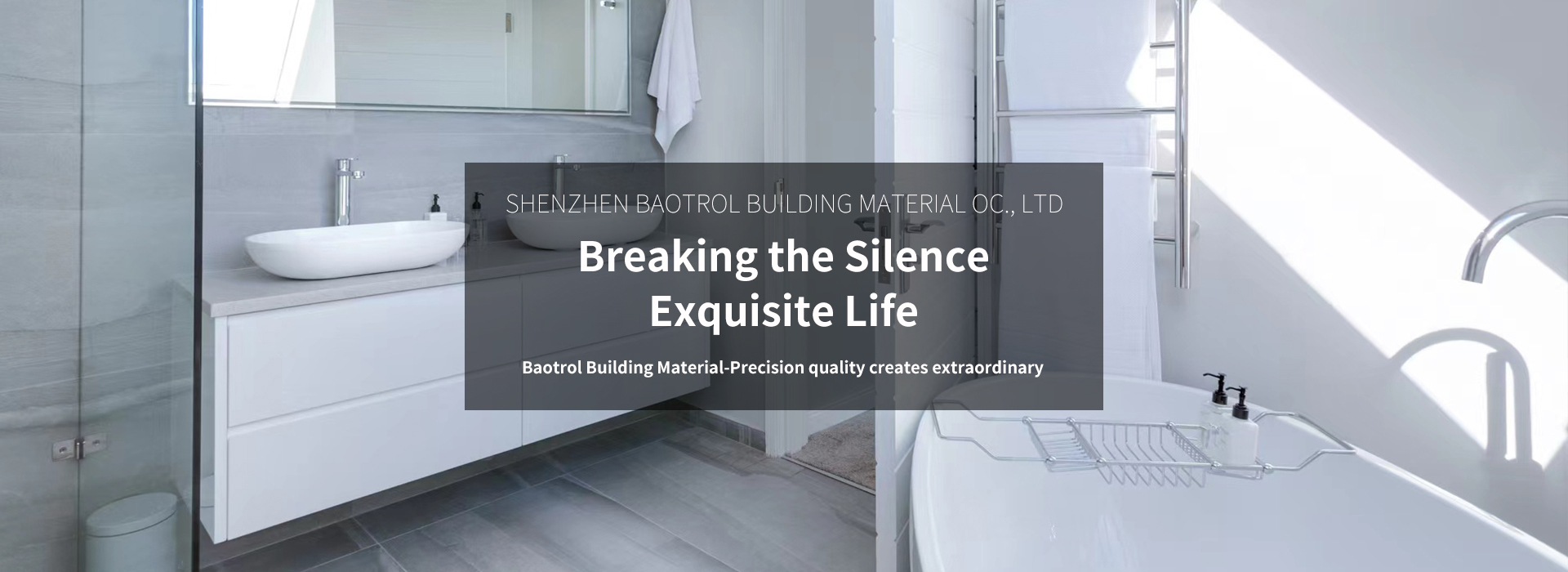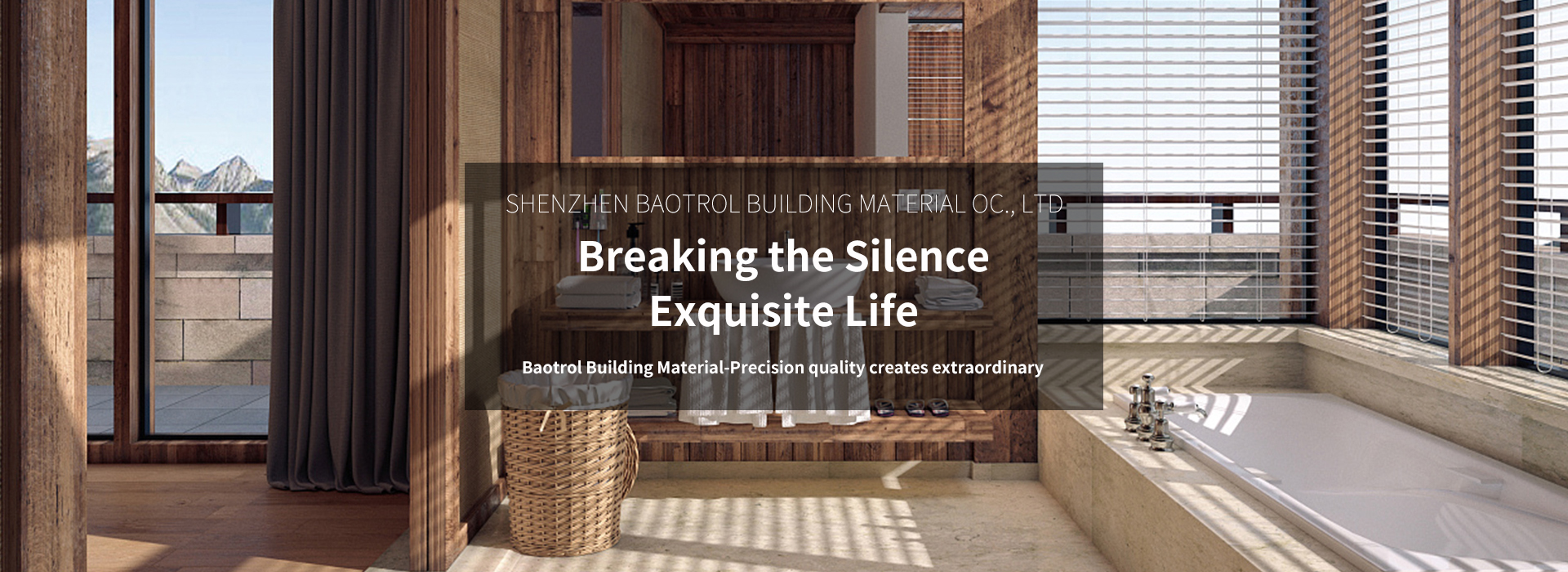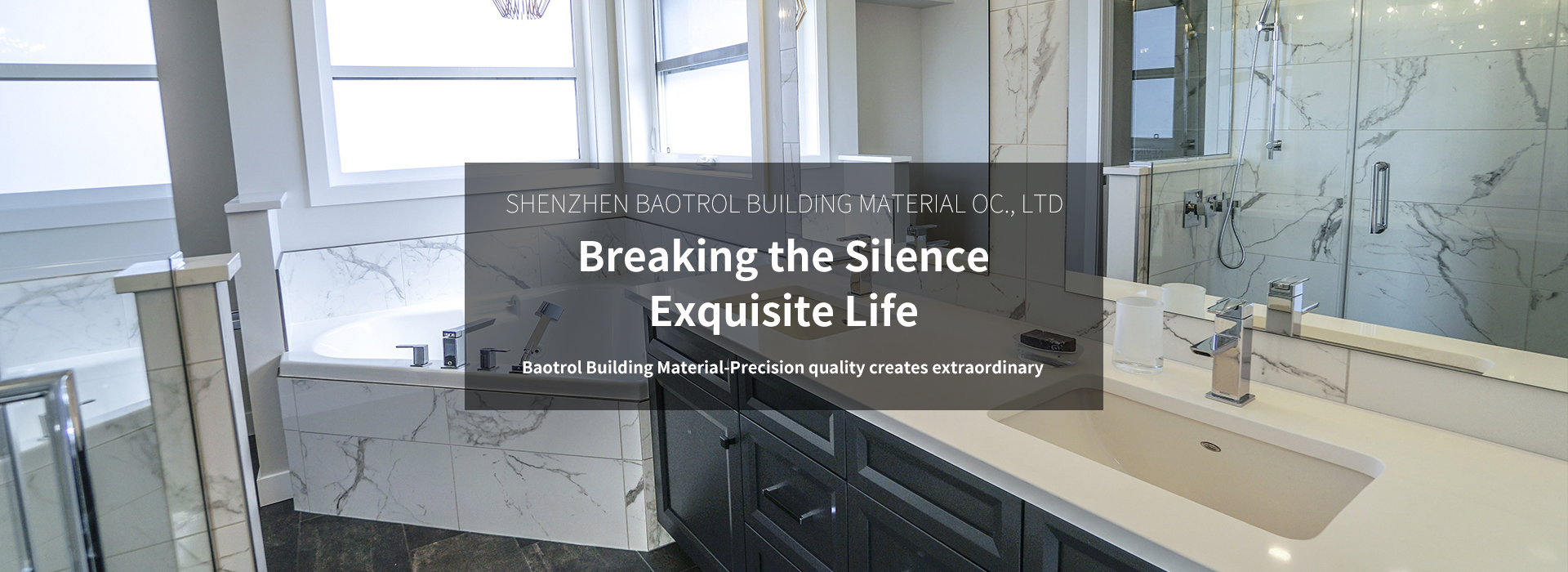
Artificial stone, also known as SOLID SURFACE MATERIALS, is a polymer composite material made from organic polymer materials such as polymethyl methacrylate (MMA) and unsaturated polyester resin (UPR), filled with natural ore powder and particles, and added with pigments and other auxiliary agents. It is formed by casting, vacuum molding, or compression molding.
The material is homogeneous without pores, and the structure of the entire board is uniform; They can be made into seamless and continuous surfaces, and the product surface can be restored as new through maintenance and refurbishment.
The mainstream artificial stone countertops are mainly divided into three types: artificial quartz stone countertops, pure acrylic countertops, and composite acrylic countertops. So what are the differences in comparison between artificial stone acrylic and artificial quartz or natural stone?
advantage:
1.Seamless bonding of any length is possible, and two pieces of the same material can be bonded and polished with glue, making them a seamless and natural aesthetic.
2. Artificial stone countertops offer a wide range of color options. If scratches occur on the surface, they can be refurbished by polishing.
3. The surface of artificial stone countertops is smooth and non-porous, making it resistant to the penetration of oil, dirt, and water stains.
4. Artificial stone countertops can avoid some of the radiation issues associated with natural stones, making them an excellent choice for countertop materials.
5. Artificial stone countertops with a high content of aluminum powder exhibit strong resistance to acid and alkali, high temperature, impact, and penetration.
Dis advantage:
1)Not durable Fragile
2)Artificial stones with high calcium powder content have poor acid and alkali resistance
3)The hardness of artificial stone countertops is poor, and it is easy to make marks with hard objects.
4)There are many varieties of artificial stones in the market, with a mix of good and bad.





